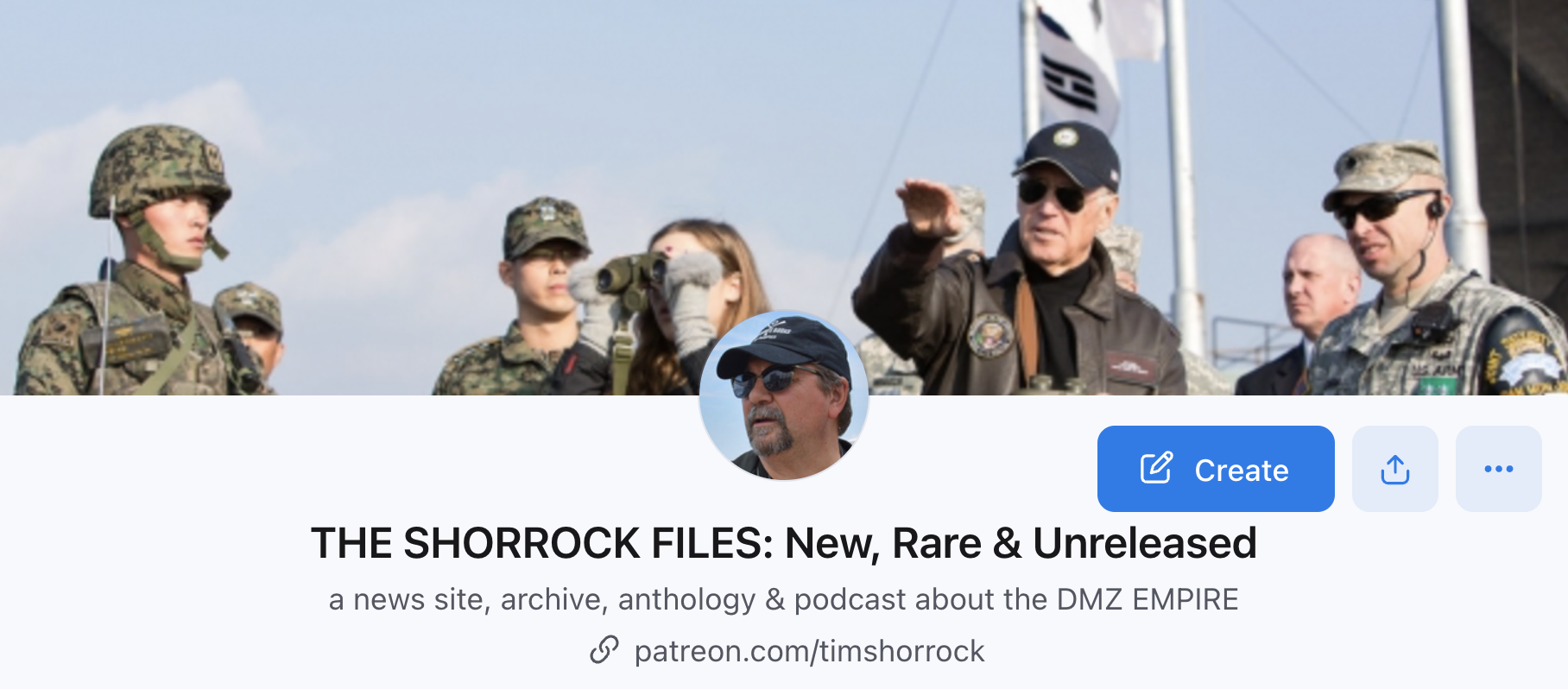Last year, I got a surprise call from a staffer on the Senate Homeland Security Committee: would I be willing to provide some input about an upcoming hearing on intelligence contractors? As the author of SPIES FOR HIRE and many articles about outsourcing in the intelligence world, I said yes, of course: I’m always happy to lend my expertise to a public investigation into the insanity of farming out 70 percent of U.S. spying capabilities to corporations and mercenaries.
I spent a lot of time preparing for my meeting. Most of all, I hoped to convince the committee that it was about time for Congress to call in for testimony the CEOs and senior executives of the top companies in the spying industry, starting with SAIC, Booz Allen Hamilton and Northrop Grumman. Do that, and for the first time Americans will be introduced to the key players in our shadow government, I said. At the least, I figured I’d be called as a witness.
But no, that was not the direction the committee wanted to go in. I’ve already described the hearing that eventually took place on September 20, 2011, as a “desultory event.” And of course I wasn’t invited to participate.
But it turns out some of my work was used. In a “background report” for Congress released today by Secrecy News, the committee took note of what I’ve written about the revolving door between U.S. intelligence and industry to make a case that contracting raises serious issues about conflicts of interest and “misaligned incentives.” As reported by Steven Aftergood, the committee found that
“…questions have been raised about whether some IC contracting firms hold undue influence within the IC because senior intelligence officials are often recruited from, and often return to, these firms,” according to a background paper prepared for the hearing (citing author Tim Shorrock) and included in the appendix to the PDF version of the new hearing volume.
“A ‘revolving door’ where employees move between public and private sector service increases the risk that decisions made by either contractor or government employees could be influenced by past professional relationships or potential future employment opportunities.”
“Some have also highlighted concerns about contractors who immediately return to their former IC agency [as private sector employees], but serve in the same capacity and at greater expense,” the background paper stated (citing reporting by Julie Tate of the Washington Post).
“In addition to clear conflicts of interest, the different incentives of corporations and their employees versus federal agencies and their employees create the need for robust oversight. For example, the need to make corporate profits could create an incentive to provide analysis or decision support services in a manner that is likely to increase future business opportunities.”
“Additionally, because contract employees owe a duty of loyalty to their employers rather than the U.S. government, they may have incentives to act in the interest of their employers rather than in the interests of the government where those interests differ,” the background paper said.
The article of mine cited by the committee was published in 2010 by Foreign Policy in Focus, and was entitled “Clapper: Managing the Intelligence Enterprise.” Nice to see that I had a little impact. And maybe the next time they hold a hearing, they can take the radical step of calling in the key players of that “enterprise” to testify. That in itself would be revolutionary. I won’t hold my breath.
Click here to read the full “redacted transcript of the classified session of the hearing,” which inexplicably includes my contribution. But if you get bored, jump over here for a special photo tour of Washington’s Intelligence-Industrial Complex.
